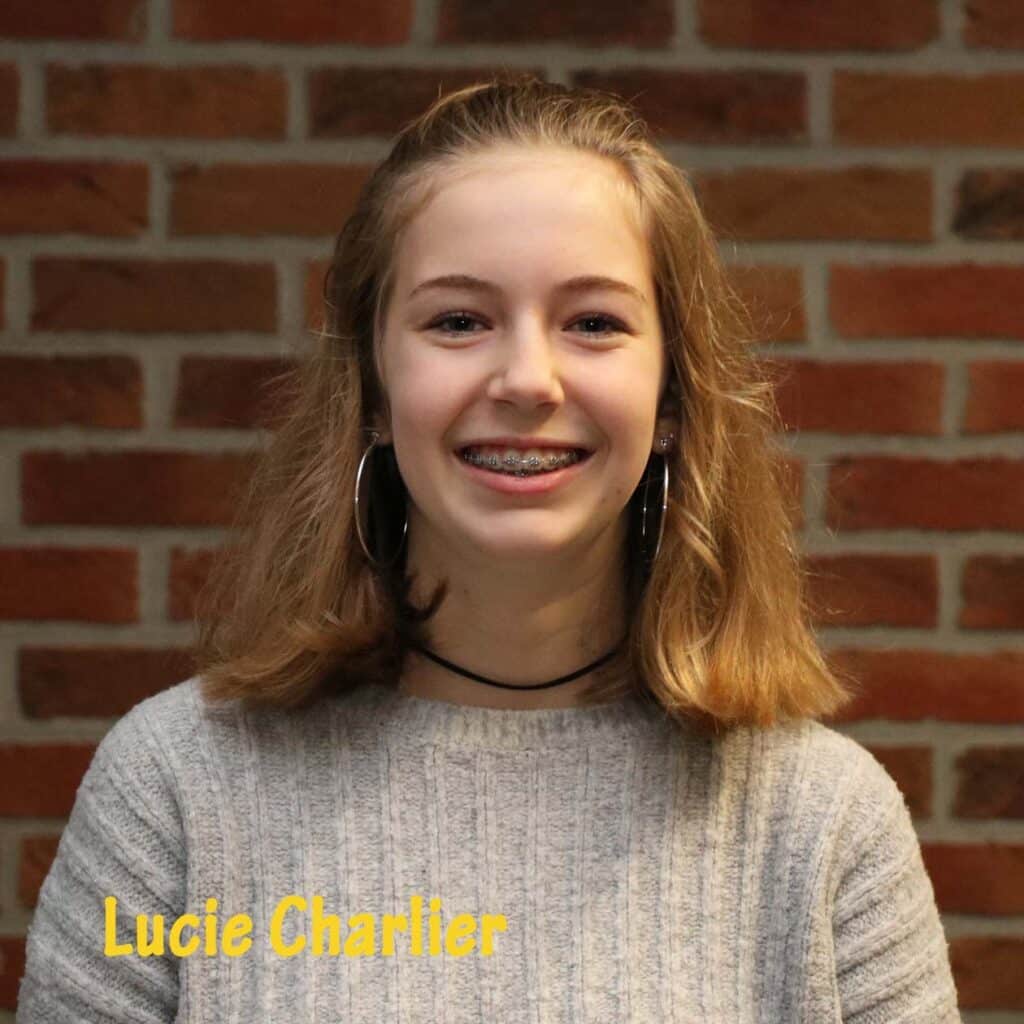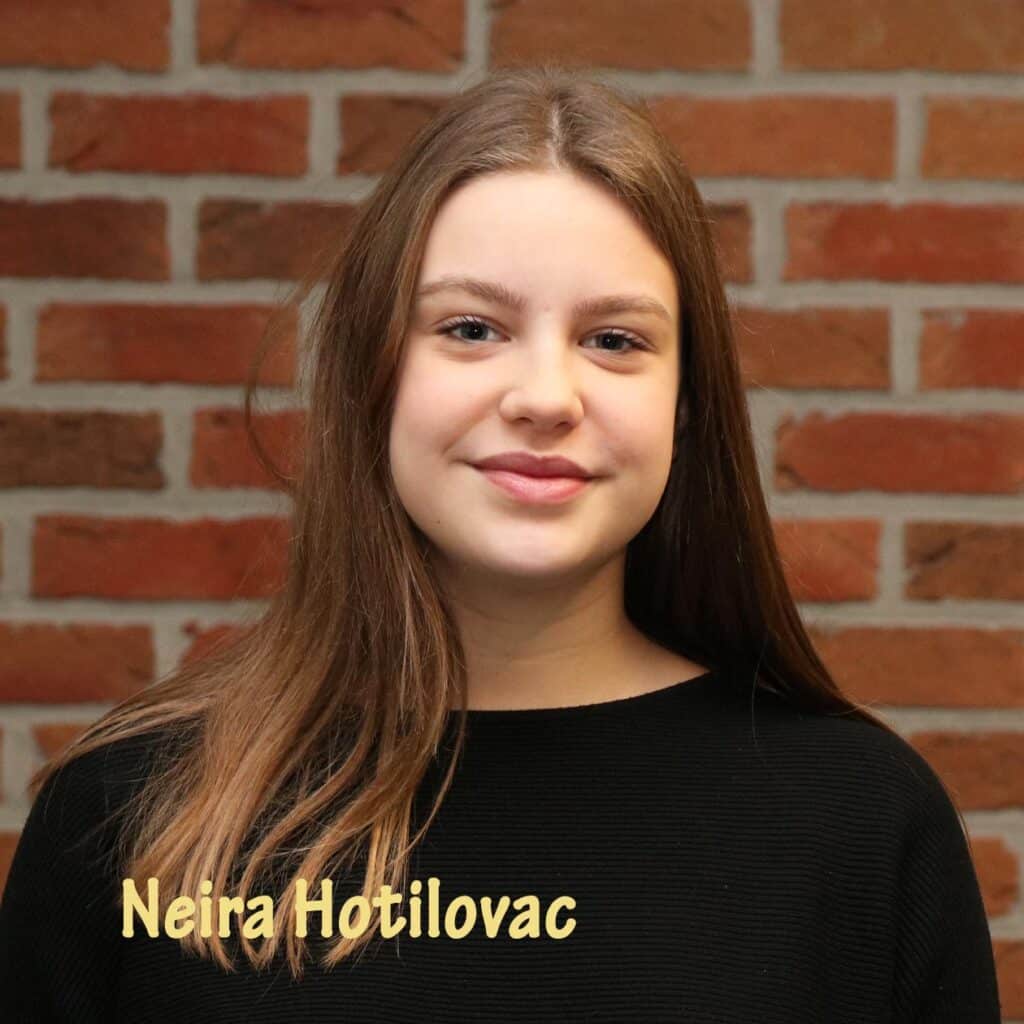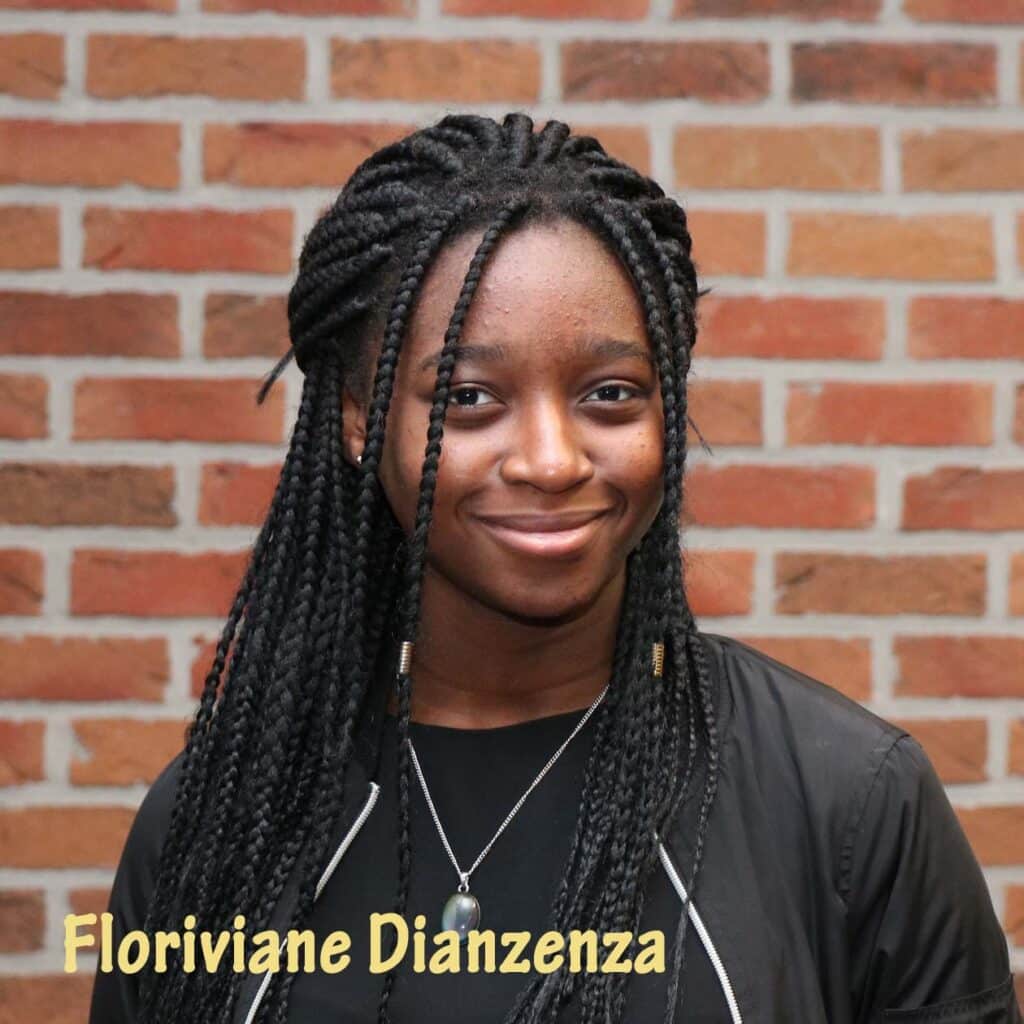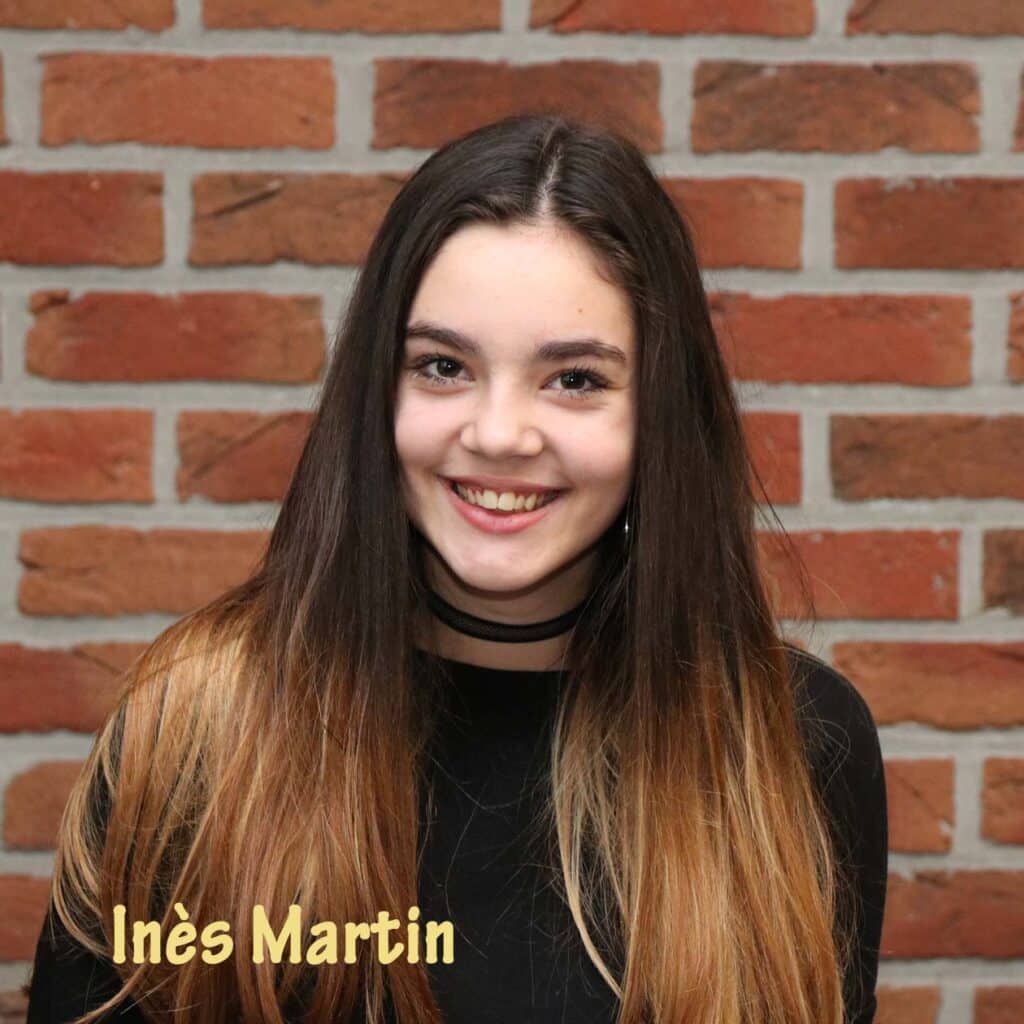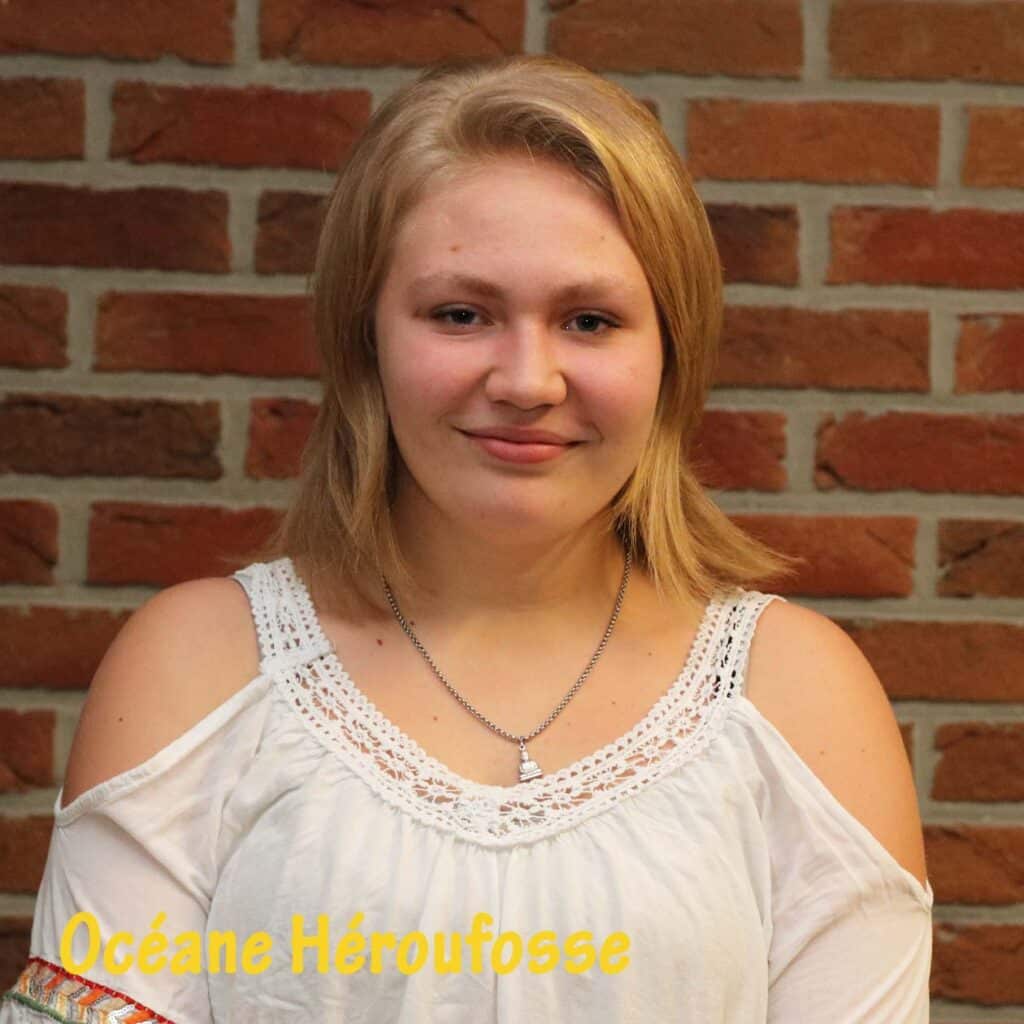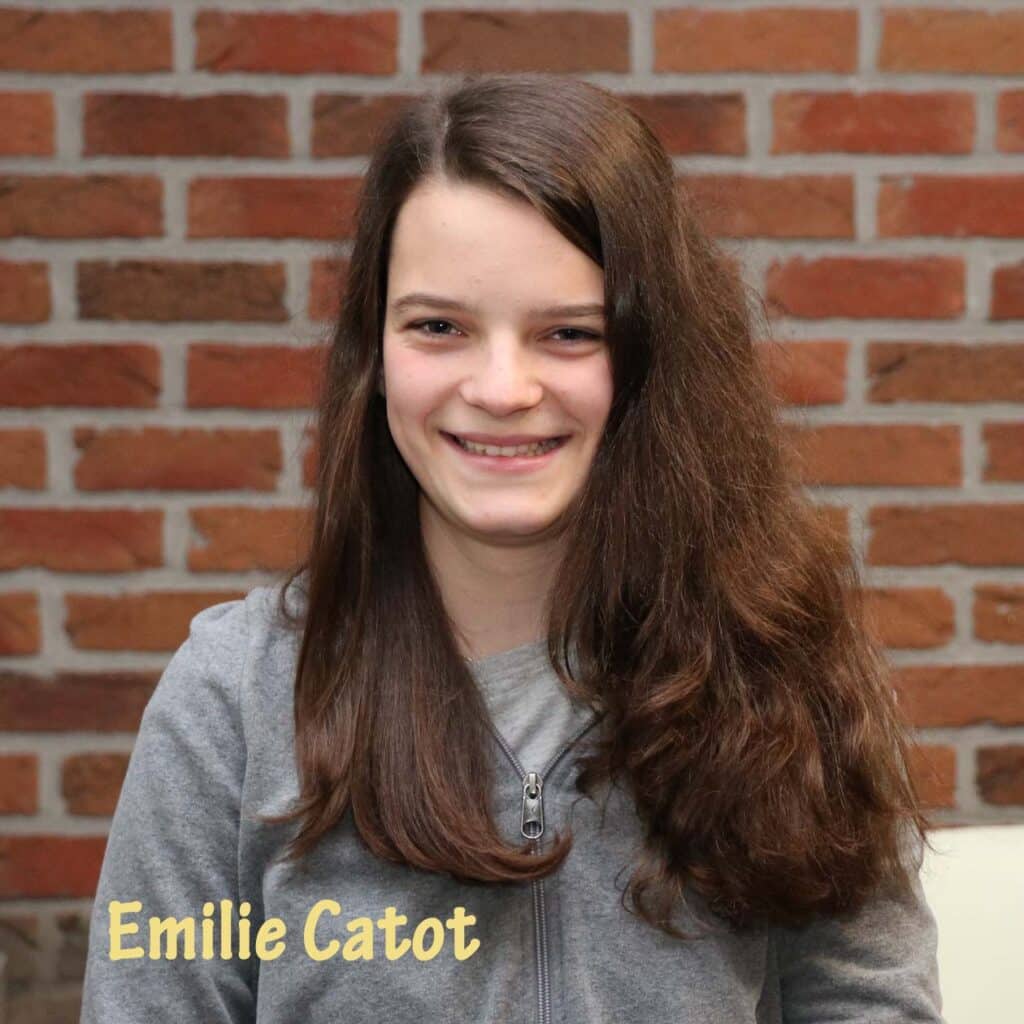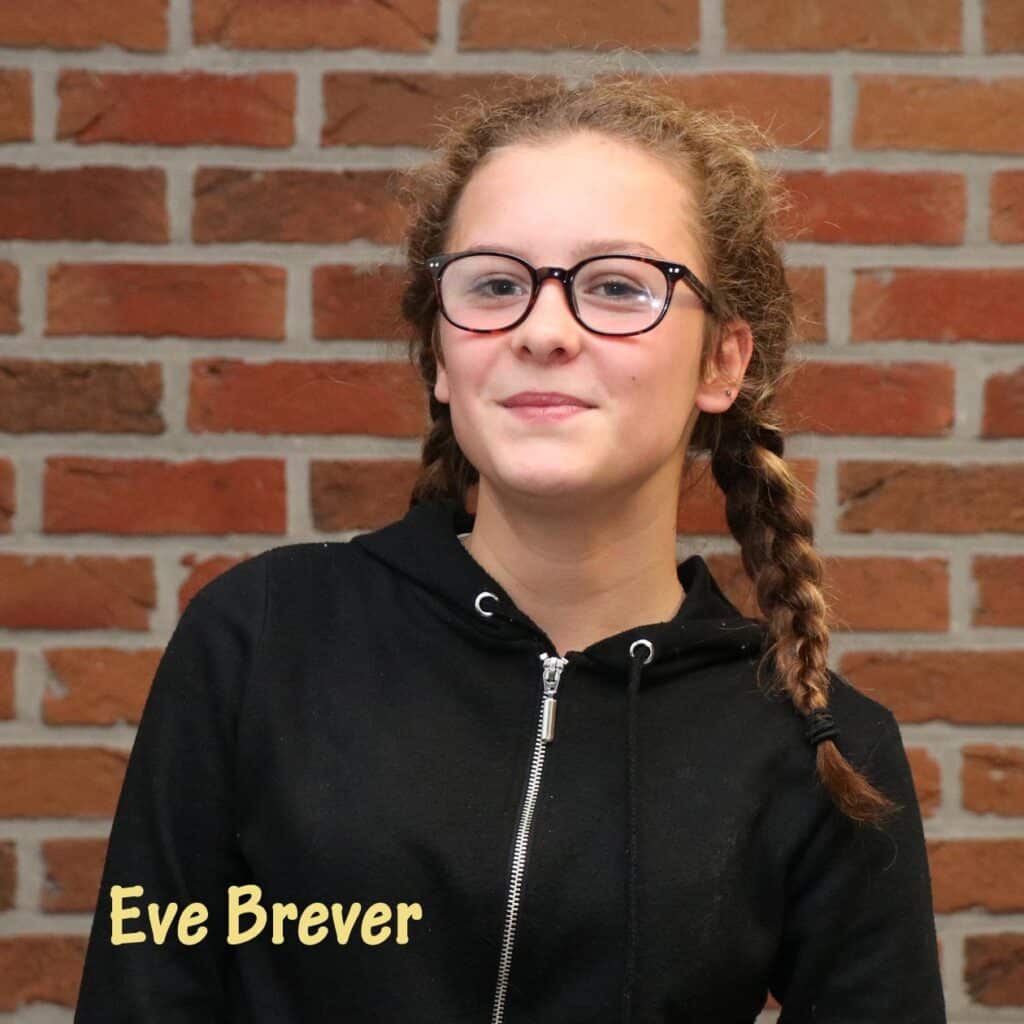Les élèves de 3e et de 4e année 2017-2018 « immersion » ont répondu à nos questions
Why did you choose the English immersion section?
- J’ai toujours aimé l’anglais, et depuis petite je voulais apprendre à parler couramment cette langue. Je trouve que c’est une langue importante qui pourra me servir pour mes études. (Yasmine Ouazouz, 4A)
- Because I wanted to learn English to travel everywhere in the world and because English is a beautiful language. (Floriviane Dianzenza, 3A)
- Because I think that today, knowing English is very important. Especially for me to travel all around the world. It’s an easy way to communicate with people who don’t speak your own language. (Lucie Charlier, 3A)
- Je trouve que l’immersion anglaise c’est une belle opportunité et que ça peut aider pour plus tard. (Céline Noël, 4B)
- Well, I didn’t choose to join the English immersion section. I was obliged to take it. I wasn’t sure that I would stay for long but, well, here I am, still in an English immersion section. So, I like it. (Matias Collignon Allende, 4A)
- Because English is a language that you must know if you want to travel, to find a job… And because I want to communicate with people all over the world. (Hélène Hupperts, 3E)
What do you like in this section?
- On est en contact avec des personnes dont l’anglais est la langue maternelle. On part en voyage et on a l’occasion de vivre chez des locaux et de parler de sujets différents de ceux vus en classe. On fait des activités ludiques comme le théâtre. On apprend plein de choses en s’amusant. (Juliette Gildemeester, 4B)
- I like the fact that after two years and a half, my level is already really good. (Hélène Hupperts, 3E)
- I like this section because you learn new words that you don’t learn in an English class. And you learn geography and history in a different way. (Emilie Catot, 3A)
- Everything. (Matias Collignon Allende, 4A)
- J’aime bien les profs, ils sont à l’écoute et nous aident quand on a des difficultés. Ensuite il y a une bonne ambiance dans la classe, on ne s’ennuie pas. (Yasmine Ouazouz, 4A)
- I like the teachers and the fact that we improve quickly our English. (Neira Hotilovac, 3A)
- I think that what I really like is my immersion class. We all know each other very well and we will be « together » until the end of secondary. (Lucie Charlier, 3A)
- I like this section because there is a good atmosphere in the class and because when you have finished secondary school you can speak English perfectly. (Eve Brever, 3A)
- Je trouve qu’il y a une bonne ambiance. En plus de ça, on se débrouille tous très bien en anglais et on apprend vite. (Céline Noël, 4B)
- The teachers and my classmates are nice. The lessons in English are interesting. (Viktoria Arsanova, 4A)
- It’s a very good option because we have very good teachers. There is a good feeling in the class and we travel to improve the language. (Inès Martin, 4A)
- Going abroad. For example, last year (I was in the 2nd year) we went to England, in a family, and it was a very good experience: activities, talking with the family… (Floriviane Dianzenza, 3A)
- Car les profs sont vraiment sympas et durant les voyages on rencontre différentes personnes avec qui on peut pratiquer notre anglais. (Océane Héroufosse, 4A)
What don’t you like so much?
- Sometimes you have to study a lot, but not all the time. (Emilie Catot, 3A)
- I don’t like so much studying my vocabulary, but at the end it’s quite easy. (Eve Brever, 3A)
- It’s difficult to say because there is nothing very negative in this section. (Inès Martin, 4A)
- I don’t like when someone talks to me about his history or geography in French: I don’t know what they are talking about. (Neira Hotilovac, 3A)
- We don’t learn new English words as much as we should. The course is the same as in other classes. (Viktoria Arsanova, 4A)
- There isn’t anything I don’t like. (Lucie Charlier, 3A)
- Comme en français, il y a beaucoup de conjugaisons et de grammaire à retenir, et il faut s’en souvenir tout le temps. (Océane Héroufosse, 4A)
- Ce que j’aime le moins, c’est de devoir m’exprimer en anglais, que ce soit devant la classe ou devant un public durant un spectacle. (Yasmine Ouazouz, 4A)
Is the section difficult?
- Je pense que c’est plus compliqué pour certaines personnes que pour d’autres, mais les profs nous soutiennent à 100% tant que l’on met du sien; donc, c’est plus facile et on est moins vite découragé. (Océane Héroufosse, 4A)
- Of course, it’s more difficult than a « normal » section, but if you work and study seriously, you get results and it becomes easier. (Hélène Hupperts, 3E)
- I had never learned English before, so in the first year it was a little too complicated, but now it’s much better. (Emilie Catot, 3A)
- It’s not difficult. After a while, you get used to it. (Viktoria Arsanova, 4A)
- It’s more difficult than a normal section because you have to study a lot of your vocabulary to understand the course. (Eve Brever, 3A)
- Ça peut paraître difficile au début car on est un peu perdu et on ne comprend pas grand-chose. Après, on s’habitue et on développe une méthode de travail qui pourra nous être utile plus tard. (Juliette Gildemeester, 4B)
- It’s not difficult. You need an adaptation time in your first year of immersion. (Neira Hotilovac, 3A)
- It’s difficult when I don’t study, but if I study and understand it’s very easy. (Floriviane Dianzenza, 3A)
- For me, it’s not as complicated as people can think. At the beginning maybe it’s difficult to adapt but then you quickly immerse. And it depends on your teacher. (Lucie Charlier, 3A)
- Au tout début, c’est un peu difficile, mais on s’y habitue avec le temps. Au final, l’immersion ce n’est pas si compliqué. (Céline Noël, 4B)
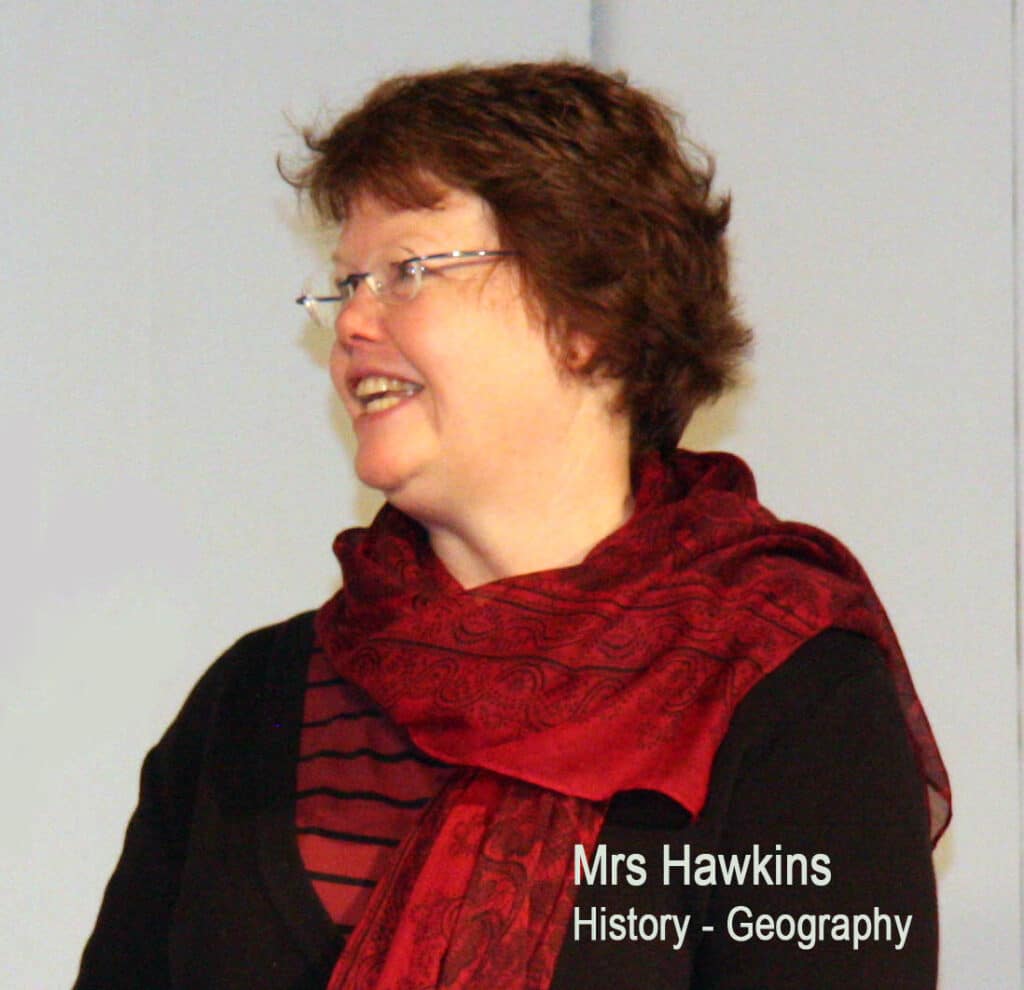
Merci à tous ces élèves qui ont accepté de participer à notre enquête. Un merci complémentaire à ceux qui nous ont permis d’agrémenter le texte avec des photos individuelles.
Si vous n’êtes pas familiarisé avec notre site, cliquez sur la première photo, et ensuite appuyez sur la touche → de votre clavier pour feuilleter l’album.
